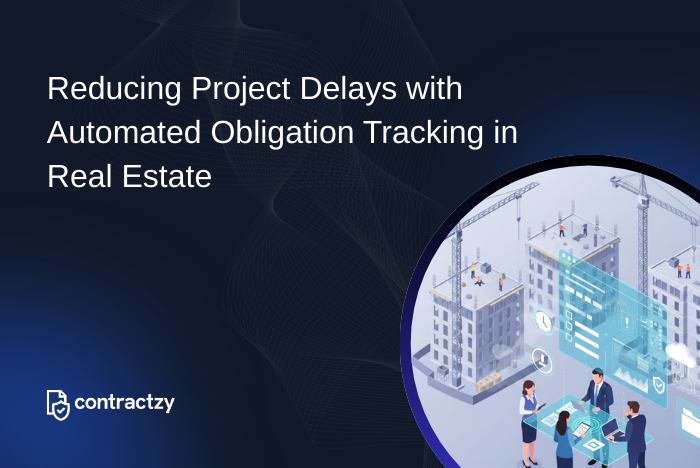
Online Dispute Resolution (ODR): A Viable Alternative to Court?
The rise of e-commerce and online interactions has inevitably led to an increase in disputes arising from these transactions. Traditional court systems, often burdened by backlogs and complexities, can be ill-equipped to handle these issues efficiently. This is where Online Dispute Resolution (ODR) emerges as a transformative force, offering a streamlined and accessible alternative for resolving conflicts in the digital landscape.
What is an Online Dispute Resolution (ODR)?
Online Dispute Resolution (ODR) refers to the process of resolving disputes entirely online, using technology and web-based platforms. It leverages various techniques from Alternative Dispute Resolution (ADR) methods like negotiation, mediation, and arbitration, conducted through secure online communication channels.
ODR platforms offer a neutral space for parties to present their cases, exchange evidence electronically, and participate in facilitated discussions with a neutral third-party mediator or arbitrator. The process is typically faster and more cost-effective compared to traditional litigation.
Core Mechanisms of ODR
- Negotiation: Parties directly communicate to reach a mutually agreeable solution. ODR platforms can provide templates or guides to streamline this process.
- Mediation: A neutral third-party facilitates communication and guides the parties towards a settlement. This can be done through text-based chat, video conferencing, or a combination of both.
- Arbitration: A neutral third-party, acting as an arbitrator, makes a binding decision on the dispute based on the evidence presented.
Benefits of ODR
- Cost-effective: ODR platforms typically charge lower fees compared to litigation, making it an attractive option for smaller claims.
- Faster resolution: Disputes can be resolved in a matter of weeks or even days through ODR, compared to months or even years in court.
- Accessibility: ODR platforms are accessible 24/7, allowing for flexible participation regardless of geographical or time constraints. Parties can participate at their convenience, significantly reducing the time to resolution.
- Preserves relationships: In contrast to the adversarial nature of litigation, ODR fosters a more collaborative environment, potentially preserving business relationships or personal ties.
- Confidentiality: ODR proceedings can be confidential, which can be important for certain types of disputes, such as those involving sensitive information or reputational concerns.
Applications of ODR
- E-commerce disputes: Product returns, order cancellations, or refund issues are common in online transactions. ODR provides a streamlined process for resolving such conflicts.
- Consumer complaints: Customer dissatisfaction with services or products can be addressed efficiently through ODR platforms.
- Contractual disagreements: Breaches of contract or disputes over terms can be mediated or arbitrated online.
- Debt collection: ODR can be used to facilitate communication and negotiation between debtors and creditors.
Challenges and Considerations for ODR
- Enforceability of outcomes: While some ODR platforms offer binding decisions, enforcing them can be complex, particularly across borders.
- Technical access: Unequal access to technology or digital literacy can disadvantage certain parties.
- Complex legal matters: ODR may not be suitable for highly intricate legal disputes requiring extensive evidence presentation which may require court intervention depending on the jurisdiction and the nature of the dispute.
The Future of ODR
ODR is a rapidly evolving field with continuous advancements in technology and legal frameworks. As its adoption increases, we can expect:
- Artificial intelligence can be used to automate repetitive tasks, personalize communication, and potentially even assist with mediation.
- Standardized ODR processes and wider recognition of online dispute resolution outcomes will further enhance its legitimacy.
- ODR's reach is likely to extend to new areas such as intellectual property disputes and online service conflicts.
Contractzy's ODR Innovation
Contractzy, a leading provider of Contract Lifecycle Management (CLM) solutions, has been at the forefront of innovation in the legal tech industry. Their patent for an ODR system marks a significant development in the field of contract management. By integrating ODR into the CLM platform, Contractzy helps businesses to not only manage their contracts efficiently but also resolve disputes within the same platform. This prevents the need for separate dispute resolution processes, streamlining overall efficiency and reducing potential legal complications.
A Competitive Advantage for Clients
Contractzy's integration of ODR offers a distinct competitive advantage to their clients. Businesses can leverage this innovative technology to:
- Resolve disputes faster and more cost-effectively.
- Improve operational efficiency by streamlining the contract management process.
- Mitigate potential legal risks and headaches associated with traditional litigation.
Summing Up
Online Dispute Resolution offers a promising alternative to traditional litigation, particularly for resolving low-value and time-sensitive disputes. Its efficiency, accessibility and cost-effectiveness makes it a valuable tool for businesses and individuals alike. As technology and legal frameworks continue to develop, ODR is poised to play an increasingly significant role in shaping the future of conflict resolution in the digital age.
A quick comparison of ODR vs. Traditional Litigation for a better understanding:








